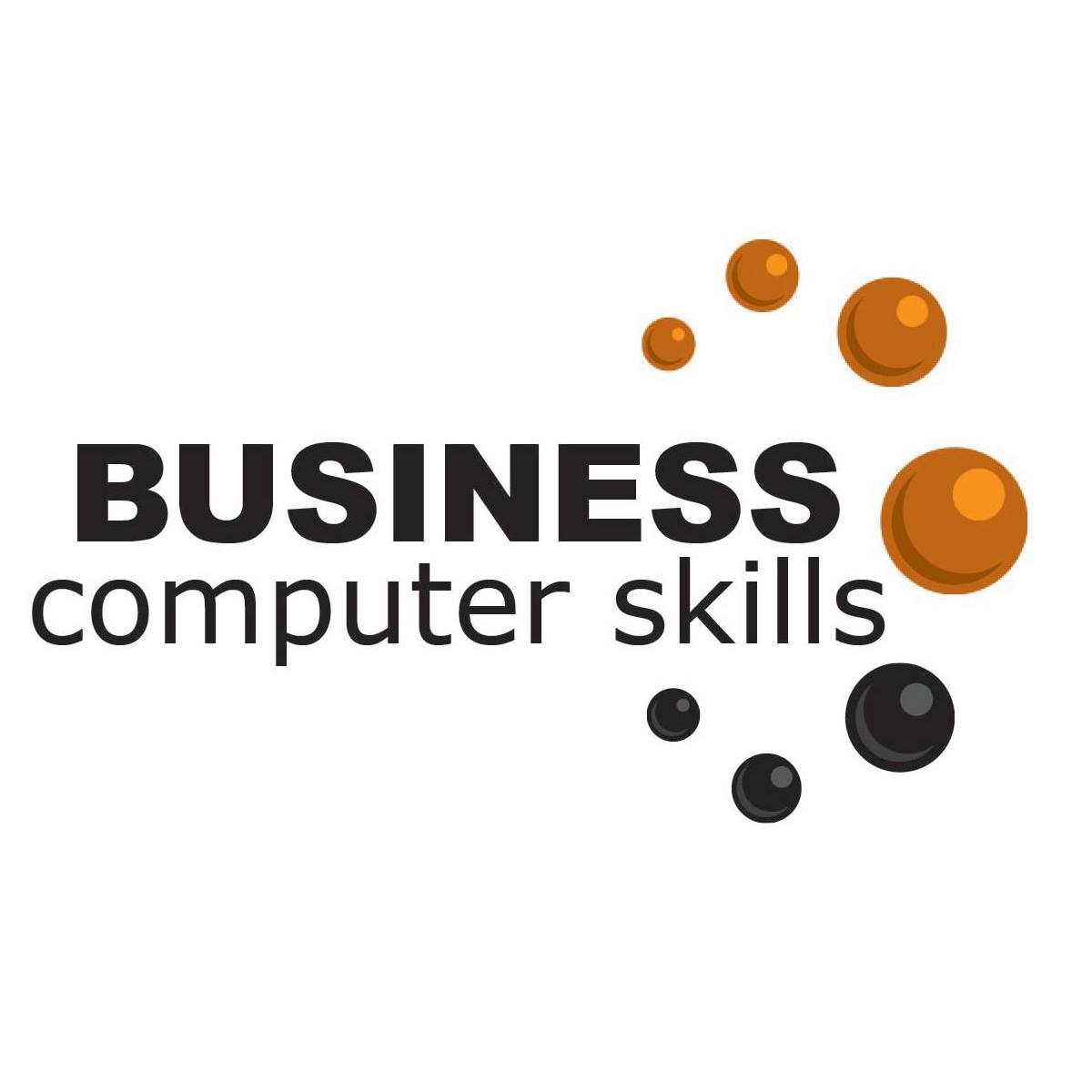This course provides knowledge and skills to implement the DevOps practices of continuous integration, continuous delivery, dependency management, continuous feedback, deploy an application infrastructure in DevOps pipelines and design a DevOps strategy.

Course Description:
The AZ-400: Microsoft Azure DevOps Solutions course is a 5-day course that is designed to teach students the knowledge and skills to implement DevOps processes. The course will discuss how to use source control, scale Git for an enterprise, and implement and managing build infrastructure.
This course provides knowledge and skills to implement the DevOps practices of continuous integration, continuous delivery, dependency management, continuous feedback, deploy an application infrastructure in DevOps pipelines and design a DevOps strategy.
Topics covered in the course include:
Describing the benefits of using source control
Migrating from TFVC to Git
Scaling Git for Enterprise DevOps
Implementing and managing build infrastructure
Manage application config & secrets
Implementing a mobile DevOps strategy
Explaining why continuous integration matters
Implementing continuous integration using Azure DevOps
Configuring builds and the options available
Creating an automated build workflow
Integrating other build tooling with Azure DevOps
Creating hybrid build processes
Describing what is meant by code quality and how it is measured
Detecting code smells
Integrating automated tests for code quality
Reporting on code coverage during testing
Adding tooling to measure technical debt
Detecting open source and other licensing issues
Implementing a container build strategy
Differentiate between a release and a deployment
Defining the components of a release pipeline
Explaining things to consider when designing your release strategy
Classifying a release versus a release process, and outline how to control the quality of both
Describing the principle of release gates and how to deal with release notes and documentation
Explaining deployment patterns, both in the traditional sense and in the modern sense
Choosing a release management tool
Explaining the terminology used in Azure DevOps and other Release Management Tooling
Describing what a Build and Release task is, what it can do, and some available deployment tasks
Classifying an Agent, Agent Queue and Agent Pool
Explaining why you sometimes need multiple release jobs in one release pipeline
Differentiate between multi-agent and multi-configuration release job
Using release variables and stage variables in your release pipeline
Deployinging to an environment securely, using a service connection
Embedding testing in the pipeline
Listing the different ways to inspect the health of your pipeline and release by using, alerts, service hooks and reports
Creating a release gate
Describing deployment patterns
Implementing Blue Green Deployment
Implementing Canary Release
Implementing Progressive Exposure Deployment
Recommending artifact management tools and practices
Abstract common packages to enable sharing and reuse
Inspect codebase to identify code dependencies that can be converted to packages
Identifying and recommend standardized package types and versions across the solution
Refactor existing build pipelines to implement version strategy that publishes packages
Managing security and compliance
Inspecting open source software packages for security and license compliance to align with corporate standards
Configuring build pipeline to access package security and license rating
Configuring secure access to package feeds
Apply infrastructure and configuration as code principles
Deploying and managing infrastructure using Microsoft automation technologi
Business Computer Skills offers a variety of courses that focus on fundamental computer skills and business computer applications. Beginning courses involve introductory courses in PC operation, Internet and Windows fundamentals.
The Business Computer Applications training mainly focuses on Microsoft Office and Adobe products. We are continually updating our course selections to keep current with the needs of our customers.
What types of people take classes at Business Computer Skills
People of all ages and backgrounds have taken classes with us. We cater to people looking to quickly build fundamental computer skills, and those who wish to move to an intermediate or advanced level for a given topic. Whether you are a beginner or a professional, Business Computer Skills has classes to fit your needs.
© 2025 coursetakers.com All Rights Reserved. Terms and Conditions of use | Privacy Policy